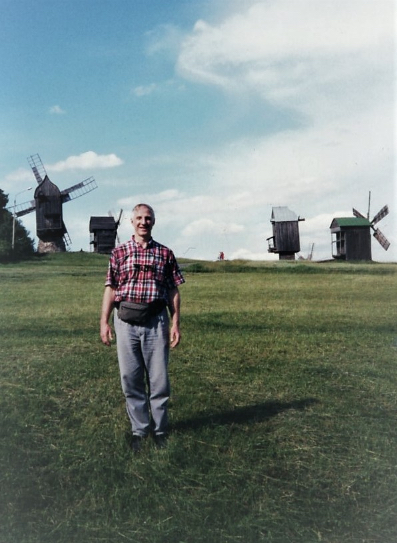[This is a guest post by Don Keyser, in response to "Trends" (3/27/22).]
I do hope Sir Walter Scott is part of the study, as an outlier perhaps. I still have nightmares going back to English class in an era when one still was obliged to diagram the sentences to establish to the satisfaction of the teacher that one truly and fully grasped the structure and meaning. Sir Walter Scott's Ivanhoe was the acid test. I'm not sure blackboards of the era were sufficiently large, or chalk sufficiently sturdy, to get through the diagram of a single sentence in Ivanhoe and other works.
I just checked online and found that there are free versions of Ivanhoe in ebook and .pdf format.
Some examples of all too typical sentences from that work:
On the other hand, such and so multiplied were the means of vexation and oppression possessed by the great Barons, that they never wanted the pretext, and seldom the will, to harass and pursue, even to the very edge of destruction, any of their less powerful neighbours, who attempted to separate themselves from their authority, and to trust for their protection, during the dangers of the times, to their own inoffensive conduct, and to the laws of the land.
Read the rest of this entry »


